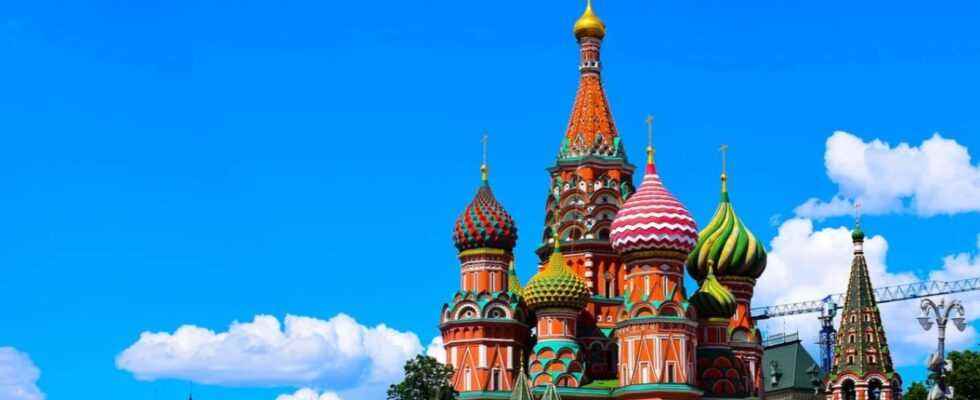Airbnb, Twitch and Pinterest were fined 2 million rubles each (more than 37,000 euros) for violating Russian data storage law.
These companies would have refused to store Russian user data on servers inside the territory, which represents a breach of the law in Russia.
Punish to better monitor
It was the Taganka District Court in Moscow that issued this decision. The same offense was also allegedly committed by UPS, which will only have to pay one million rubles, however. This decision is no coincidence: since the beginning of the invasion of Ukraine, Russia has tried to control the behavior of Western companies on its territory as much as possible. In particular, storing data in Russia allows the government and its censorship authority Roskomnadzor to exercise tighter control over internet content.
Head of state Vladimir Putin has accused tech giants of flouting internet laws in Russia. In recent months, the country has pushed foreign companies to set up offices on its soil, sometimes without success. These initiatives by the Russian authorities seem to be motivated by a need for control and surveillance rather than a desire for the integrity and protection of citizens’ data…
A national sanctions campaign
Airbnb, Twitch and Pinterest are not the first platforms to be targeted by data controls in Russia. TikTok, Twitter, Facebook, WhatsApp and Telegram have suffered similar accusations, but not only. These companies have also been sanctioned after refusing to remove content banned by Russian censorship. Access to Twitter was even restricted, before being temporarily completely blocked.
Google’s parent company, Alphabet Inc., was also fined in May 2022, this time 15 million rubles, for failing to store Russians’ data in the territory. The Russian branch of Google then filed for bankruptcy, unable to pay its employees. The sanctions imposed on Airbnb, Twitch and Pinterest are therefore not an isolated act, but an expression of Russian censorship and surveillance which increases its efforts tenfold.
On the same subject :
RuNet: Russia accelerates its work towards a partitioned and censored Internet
Source : Engadget

2